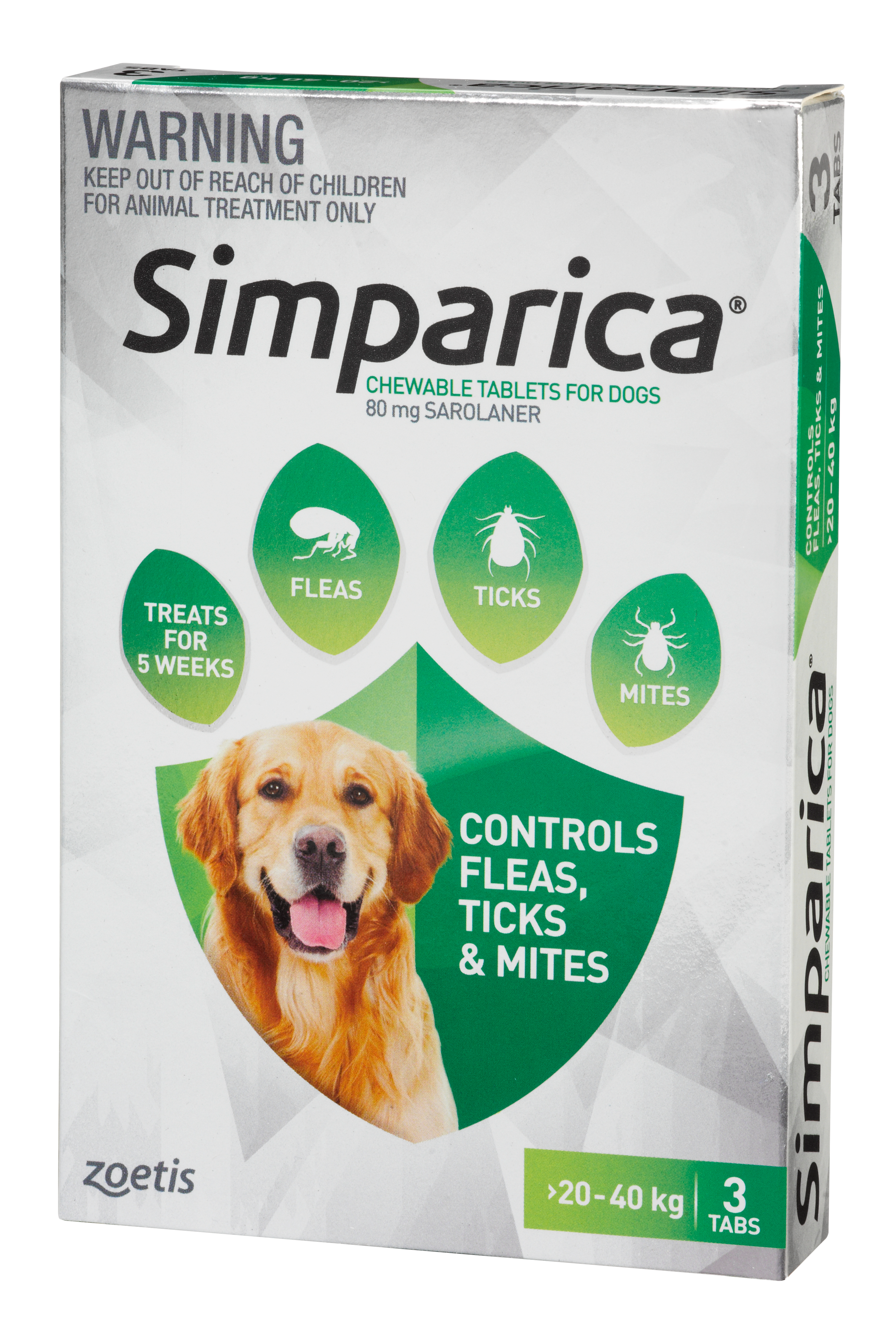How at risk is your dog from parasites such as fleas, ticks, and mites?
Answer 5 questions to find out
What is your dog’s name?
Where do you and your dog live?

Your dog comes into contact with parasites everyday. Find out which parasites are hiding in their favourite spots.
Where do you usually walk ?
Please select all that apply
Select location
see what you can find
Total
Parasites
0
What your dog does at home and who they come into contact with can make them more at risk of parasites than you might think.
What does do at home?
Please select all that apply
What do they do?
Total
Total
Parasites
What your dog does at home and who they come into contact with can make them more at risk of parasites than you might think.
What does do at home?
Please select all that apply
What do they do?
Total
Total
Parasites
Learn how well you’re currently protecting :
Find outTest Your Knowledge about protecting from parasites
Which season do you need to give preventative treatment?
Make sure is fully protected
How often should you provide flea & tick protection for by using preventative treatments?
Speak to your vet about the best protection for your dog.
external parasite results
Get personalised results detailing all the parasites comes into contact with. This will be handy to show your vet during your next visit so they can assess any risks and if protection is required. All we need to send it to you is your email.
Enter email address
Send me my results

It is important to choose a treatment that gives your dog sustained protection against fleas, ticks and mites.
We all know and love our own pets, and so we are best placed to spot anything out of character. Knowing what to look for is the best way to prevent and treat any possible pet health problems. If you’re concerned about anything, give your vet a call.
Eliminates
Signs of a skin condition can be mistaken for a parasite infection.
Check your dog for signs of a skin condition
Check my dog
Thank you for taking the time to assess , and we hope we’ve helped you to help them live a more enjoyable life.
Thank you
We have sent a copy of your results to
may also come into contact with these parasites:


It is important to choose a treatment that gives your dog sustained protection against fleas, ticks and mites.
We all know and love our own pets, and so we are best placed to spot anything out of character. Knowing what to look for is the best way to prevent and treat any possible pet health problems. If you’re concerned about anything, give your vet a call.
Eliminates
Signs of a skin condition can be mistaken for a parasite infection.
Check your dog for signs of a skin condition
Check my dog
Thank you for taking the time to assess , and we hope we’ve helped you to help them live a more enjoyable life.

